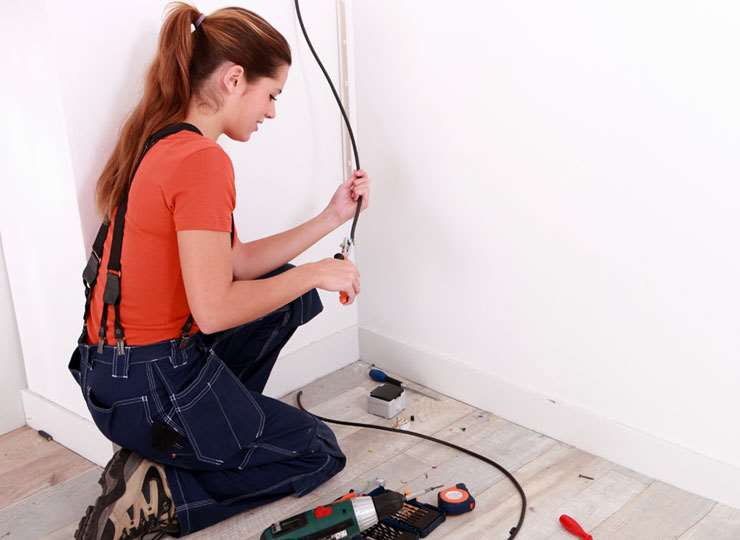
The fuse box is designed to prevent fires, electric shocks and damage to electrical equipment in your home. Faults in the fuse box can have serious consequences. Here are some checks that you can perform yourself, and the danger signs you should keep a particular eye out for.
Many fuse boxes have earth leakage circuit breakers which are designed to protect you from electric shocks and fires if there's a fault. An earth leakage circuit breaker automatically trips the fuse if there's an earth fault in a circuit.
In new systems, an earth leakage circuit breaker is part of the circuit breaker system (trip switches). In older systems, earth leakage circuit breakers may have been retrofitted, often on circuits for bathrooms and external sockets. This must be shown in the history panel inside the fuse box.
Test the earth leakage circuit breaker at least once a year to make sure the switch doesn't become jammed. Look in the fuse box for instructions on how to do this.
New fuse boxes also have surge arresters. These are designed to protect electronic equipment such as TVs and computers from damage in thunderstorms.
It's important that you replace the surge arrester if you have heard a pop. Check the instructions in the fuse box, which will show you how to check the condition of the surge arrester.
To prevent faults in the fuse box, you should regularly look and feel for danger signs. It is also advisable to check after a heavy thunderstorm.
Heat is a sign that danger is afoot. If the door to the fuse box is abnormally warm to the touch, you should contact an electrician who can examine it further. You should also contact an electrician if you smell burning plastic or can hear audible crackling. If several light bulbs blow at the same time, or if the fuses often blow, this also needs to be checked out by an electrician.